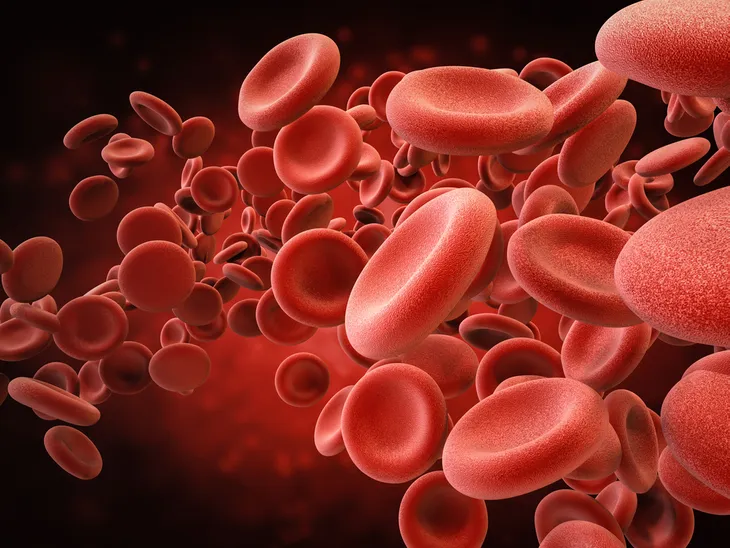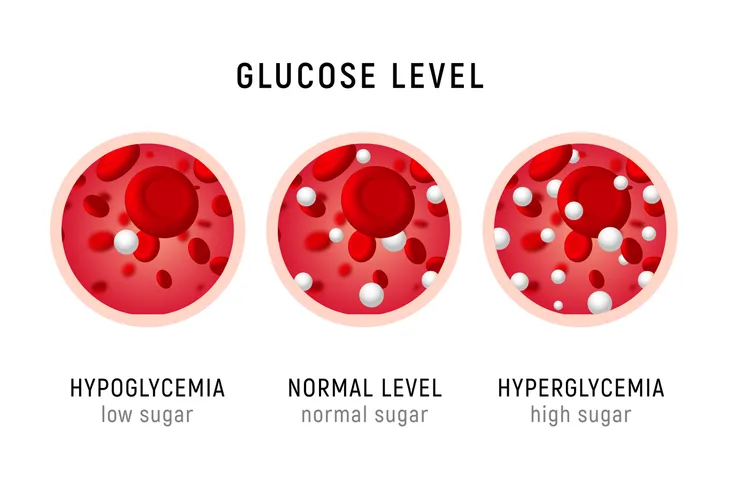- Blood tests can give doctors a better understanding of patients’ health.
- Several blood tests should be performed annually to monitor for deficiencies and health conditions.
- Blood testing can be the key to early detection of a variety of conditions, sometimes bettering the outlook for the patient.
Regardless of age, regular visits to your healthcare practitioner are vital to maintaining overall wellness. That means visiting your dentist, optician, and primary care physician for checkups at least once per year. It’s also important to have your primary care provider do regular testing to help them monitor your health, inside and out. Annual blood work is a great way for your doctor to get a better idea of how you’re doing. There are several blood tests that should be performed each year to ensure you’re processing nutrients as you should and to monitor for abnormalities that could indicate illness.
Red Blood Cell Count
Your red blood cells, or erythrocytes, are responsible for carrying oxygen through your body to organs and other tissues. If the red blood cell count is too low, you might experience symptoms such as dizziness, headaches, and pale skin, while a count that’s too high could lead to fatigue, joint pain, and sleep disturbances.
More importantly, a red blood cell count that’s too low or too high can be indicative of nutritional deficiencies. Some of these may include iron or vitamin B-12 deficiency anemia, bone marrow failure, thyroid disorders, autoimmune conditions, and other chronic illnesses.
White Blood Cell Count
White blood cells are part of your immune system. They’re responsible for fighting infection, and when your white blood cell count is high, it’s usually a sign that your body is working to eliminate foreign substances such as bacteria or viruses.
While white blood cells can be high as a result of infection, they also elevate when other conditions are present, including autoimmune conditions, cancers, and allergic reactions. On the other hand, if white blood cells are low, it could be a sign of liver disease, HIV/AIDS, or lymphoma.
Thyroid Function Tests
The thyroid is a gland that’s responsible for regulating metabolism, energy levels, and mood. Several hormone levels are tested in a thyroid function test, including triiodothyronine (T3), thyroxine (T4), and thyroid-stimulating hormone (TSH). When the level of these hormones is either too high or too low, it can cause problems with sleep, energy levels, mood, and weight gain or loss.
Furthermore, too much of these hormones can result in anxiety or tremors. Low levels, on the other hand, can lead to problems with dry skin, hair, and nails.
Liver Panel Testing
Your liver filters your blood and helps move waste out of the body. It also plays a vital role in digestion, metabolism function, and protein synthesis.
Liver panel testing, also called liver function tests (LFTs), consists of checking proteins, amino acids, enzymes, and waste levels in the blood to ensure that the liver is carrying out its functions effectively. If any of the tested substances are determined to be at abnormal levels, it could be indicative of liver diseases such as hepatitis or damage resulting from cirrhosis.
Glomerular Filtration Rate
A glomerular filtration rate (GFR) test helps doctors better understand how well your kidneys are functioning. The GFR monitors the filters in your kidneys, which are called glomeruli. These filters are part of the body’s waste removal system and help carry toxins and fluid from the blood to the bladder.
With a GFR test, your doctor can see how much blood your glomeruli filter each minute. If the number is too low, it can lead to frequent urination, nausea, and fatigue. It can also be a sign that your kidneys aren’t functioning at full capacity.
Blood pH
The normal pH level of your blood should be approximately 7.4. This healthy pH level helps your body carry out metabolic processes normally and ensures your organs can work well together. If the blood’s pH level is measured at 7.35 or lower, it indicates acidosis, while a pH of 7.45 or higher indicates alkalosis.
These abnormalities are typically present when a person has a high level of ketones or lactic acid in the blood, which can be a result of dieting or strenuous exercise. However, pH imbalances can also occur as a result of kidney damage or infection.
Enzyme Markers
Enzymes are complex proteins that help break down food, clot blood and carry out other necessary functions in your body. With enzyme marker tests, doctors have insight into which organs are doing their jobs effectively.
These tests can be conducted regularly to analyze changes over time, which makes them a great addition to yearly physicals. There are several types of enzyme marker tests that can be done, and abnormal results can help with the diagnosis of conditions ranging from brain cancer and stroke to muscle inflammation or organ injuries.
Glucose
Blood glucose testing is often used to diagnose conditions such as diabetes and hypoglycemia. Both are conditions that occur when sugar levels in the blood are either too high or too low.
Glucose tests can be performed in several ways but most often, people are required to fast prior to a test so that doctors can have a better indication of a patient’s typical blood sugar level without the influence of meals or snacks (which can cause sudden spikes and drops in glucose levels).
A1C
A1C testing is another way doctors diagnose or monitor diabetes and other blood sugar conditions. Instead of a one-time snapshot, which is what the glucose test provides, an A1C can help doctors get a better idea of how well the body processes sugar by testing the average blood sugar level for up to three months.
In some cases, the A1C test may be listed as the glycated hemoglobin test, the glycosylated hemoglobin test, or the AbA1c test.
Prostate-Specific Antigens
The prostate-specific antigen (PSA) test is exclusively for males, particularly those over age 55. This test is used to screen for prostate cancer by testing the level of PSA in the blood.
While PSA is primarily found in semen, high levels of this substance in the blood can indicate that something’s wrong. While the PSA is recommended for all men aged 55 and older, those at high risk of developing prostate cancer, including those with a family history, should consider testing at age 40.
Estrogen
Women should consider having their estrogen tested yearly to gain a better idea of how well their reproductive system is functioning. While estrogen is typically tested in the blood, some laboratories do offer urine and saliva estrogen testing.
Estrogen testing can help identify issues in women of all ages, with results providing insight into everything from late puberty in girls and problems with menstrual cycles to fertility and menopause. Additionally, abnormal estrogen levels can indicate the presence of cancer in the ovaries, uterus, or fallopian tubes.
Cholesterol
High cholesterol, particularly high levels of low-density lipoprotein (LDL) cholesterol, can lead to heart attacks and other cardiovascular problems. That’s why it’s important to have cholesterol levels tested annually, especially in adulthood.
While testing can vary, most patients are asked to fast for up to 12-hours before taking a cholesterol blood test, and in most cases, laboratories try to schedule this type of blood work earlier in the day. Cholesterol levels are generally higher in those who are overweight, fail to follow a healthy diet and exercise regimen, smoke, or have high blood pressure.















